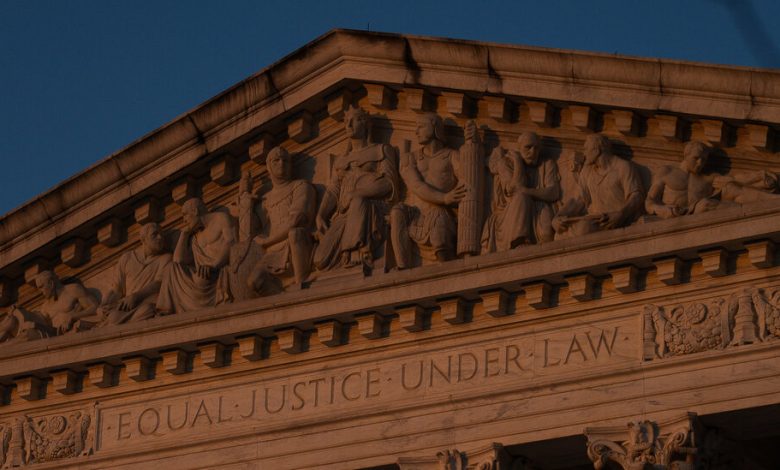Conservatives Took Another Big Step to Consolidate Power in the Supreme Court

The court’s decision in Loper Bright Enterprises v. Raimondo, which overruled the 40-year-old Chevron v. Natural Resources Defense Council, won’t affect Americans’ lives in as stark and immediate a way as the 2022 decision overruling Roe v. Wade.
But like Dobbs v. Jackson Women’s Health Organization, Loper Bright has the potential to fundamentally transform major aspects of the health, safety and well-being of most Americans. That’s especially true when it is viewed alongside some of the other major cases about agency power the court has handed down in recent terms — and indeed in recent days — that have stripped agencies of power and shifted that power directly to federal courts.
Just this week, the court eliminated a key mechanism used by the Securities and Exchange Commission to enforce securities laws and enjoined an important Environmental Protection Agency emissions standard based on, in the words of Justice Amy Coney Barrett in dissent, an “underdeveloped theory that is unlikely to succeed on the merits.”
Out of the 1984 Chevron decision came the doctrine of Chevron deference. In essence, Chevron deference allowed agencies to use their expertise to determine how to carry out laws passed by Congress — laws intended to keep our air and water clean, our drugs safe and effective, and our securities markets protected from fraud and deception.
The Supreme Court has now decreed that it, rather than agencies staffed by individuals with deep subject matter expertise and answerable to presidential appointees, will be the final arbiter of the meaning of every statute passed by Congress.
What does it mean to require agencies to take the “best” or “appropriate” or “feasible” steps to reduce air and water pollution, or to keep workplaces safe? While Chevron directed courts to defer to agencies when they brought their expertise to bear on such questions and produced reasonable answers, the court will now decide for itself.